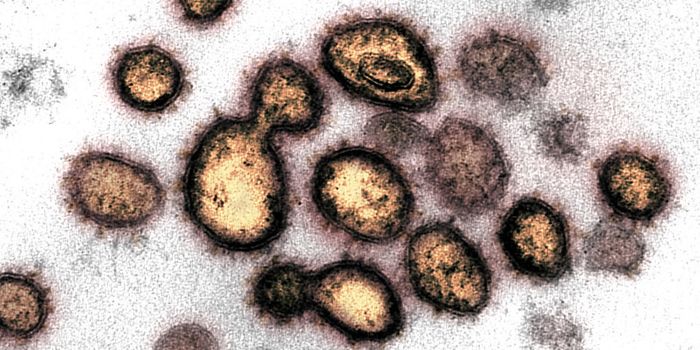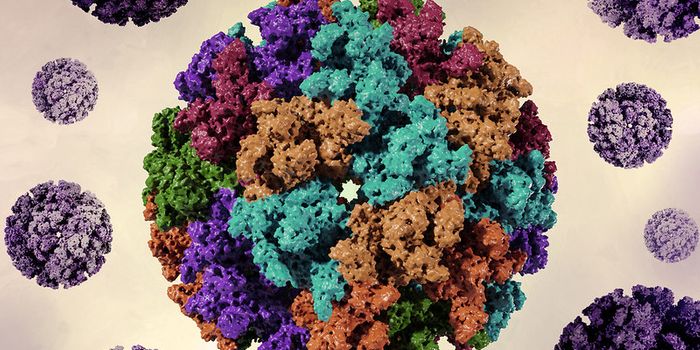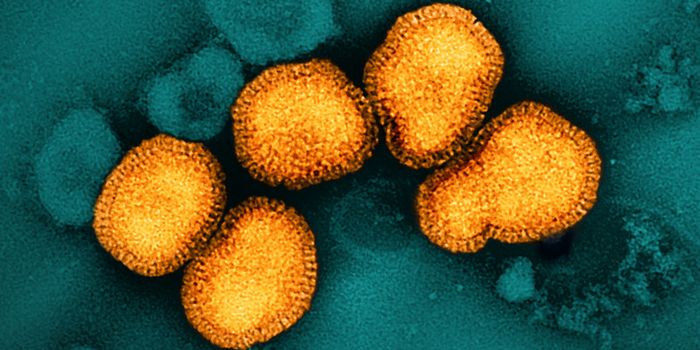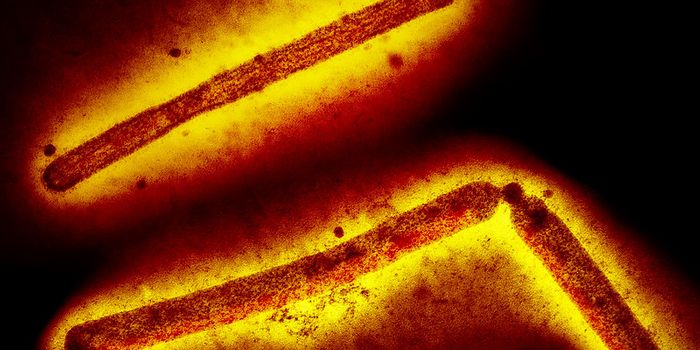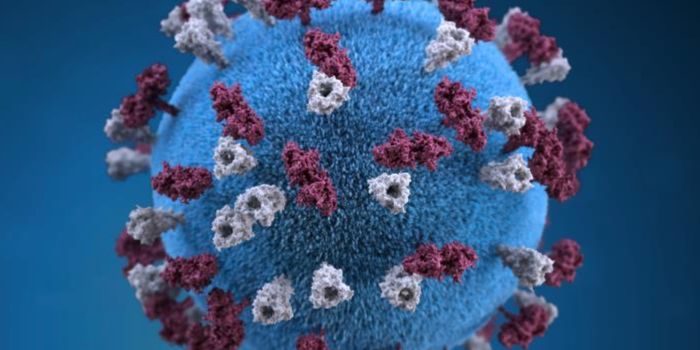Genetic Factors Make Babies Susceptible to Zika
Zika virus can lead to devastating birth defects in babies born to infected mothers, but only about six to twelve percent of children potentially affected by the disease end up having those problems. Scientists have long suspected that there are factors other than the virus at work when it comes to such congenital defects. A new study reported in Nature Communications has indicated that susceptibility to the disease has genetic roots.
"We studied pairs of discordant twins - cases in which only one twin was affected by the virus, although both had been equally exposed during pregnancy. In the laboratory, we found some 60 genes with differentiated expression in the neural progenitor cells of the affected babies," explained one author, Mayana Zatz, a professor at the University of São Paulo's Bioscience Institute (IB-USP).
The symptoms seen in the affected children include brain calcification, microcephaly, and auditory and visual problems.
Scientists gathered data on 91 babies that had infected mothers, which included several sets of twins. In all monozygotic twins, who split from the same fertilized egg, both individuals were equally affected. In dizygotic pairs, who originate from different eggs, only one of the twins was impacted.
Additional biological samples were obtained from dizygotic twins, and a team at the Human Genome & Stem Cell Research Centre (HUG-CELL) team created a way to make induced pluripotent stem cells ( iPSCs) from the patient's blood cells. Then they made neural progenitor cells (NPCs) from the iPSCs. NPCs are the cells that suffer the biggest impact from the pathogen. Once these cells were growing in culture, they were infected with Zika virus.
"From the start, we were struck by the fact that the virus replicated much faster in the NPCs from the affected babies," Zatz said. "In addition, these cells proliferated less and died more than cells from unaffected babies. We appear to have succeeded in reproducing in vitro what happens in vivo."
The team then looked for differences in gene expression in these cultured NPCs, finding several that are key to brain development. Two cell signaling pathways were identified, one controlled by mTOR and the other by Wnt.
"These pathways regulate the proliferation and migration of central nervous system cells, among other things," Zatz explained. "The expression of several genes linked to these pathways was reduced in the NPCs from affected babies. One was 12.6 times less expressed in affected cells than the same gene in cells from the unaffected twin."
Similar results were found in all three sets of identical twins, reinforcing the hypothesis that genetic factors influence the effects of the virus.
Zatz added that this work and other studies supporting this idea might help to identify parents who are most at risk of having affected babies. "If and when a vaccine against Zika is developed, these parents could be prioritized in immunization strategies," she said.
The video above from the American Academy of Pediatrics outlines why pregnant women should avoid traveling to areas impacted by the Zika virus.
Sources: AAAS/Eurekalert! Via FAPESP, Nature Communications



